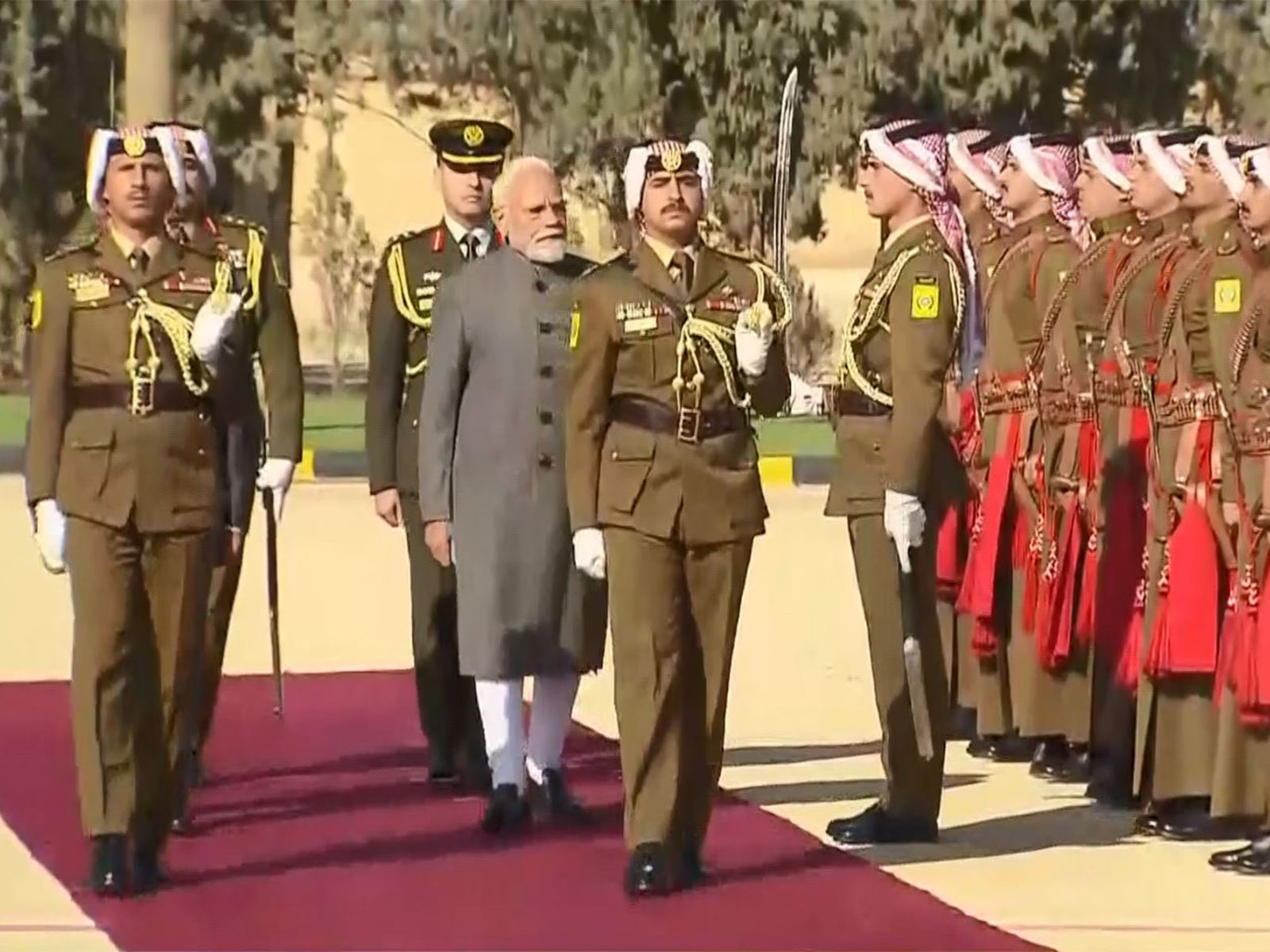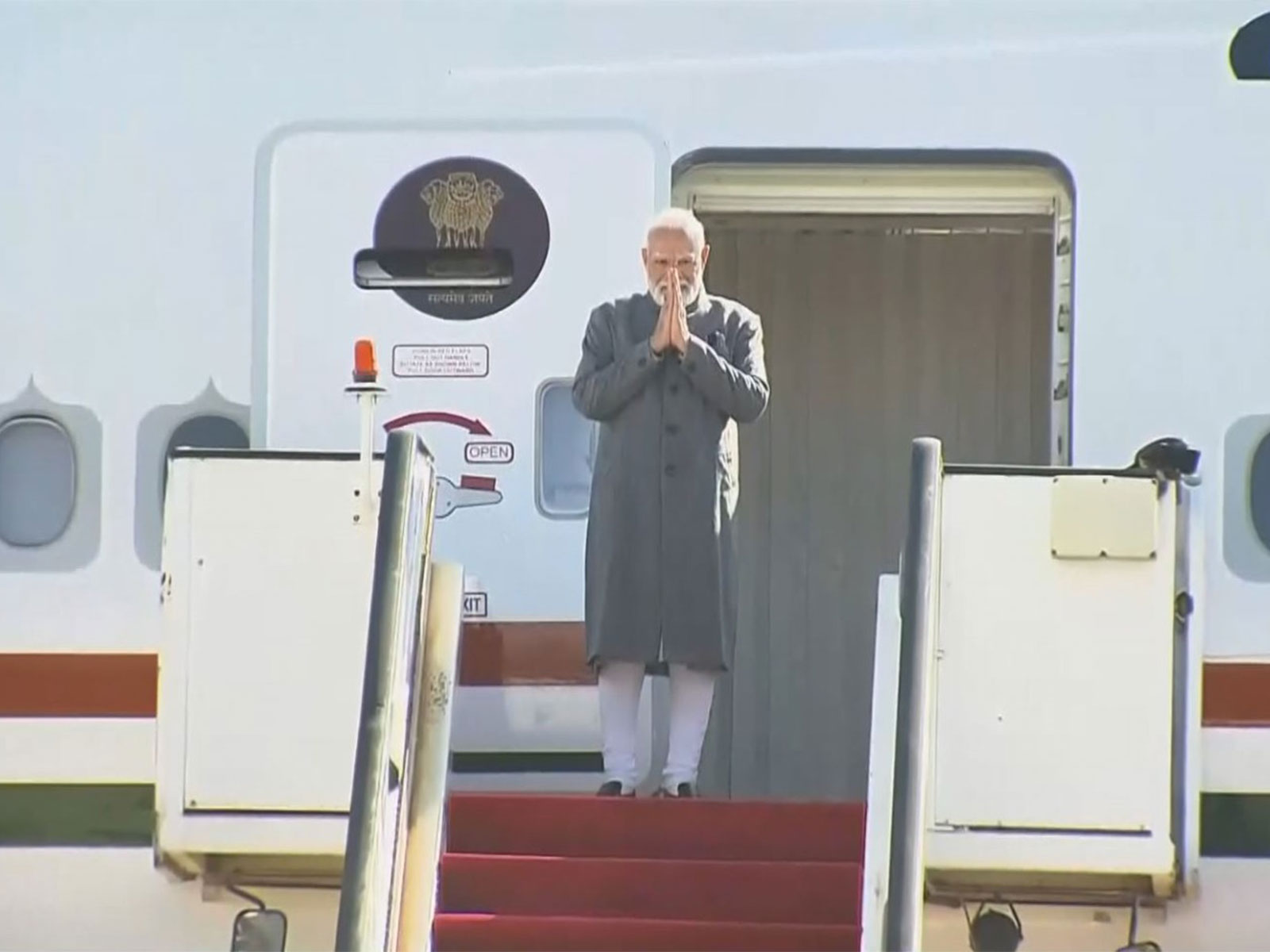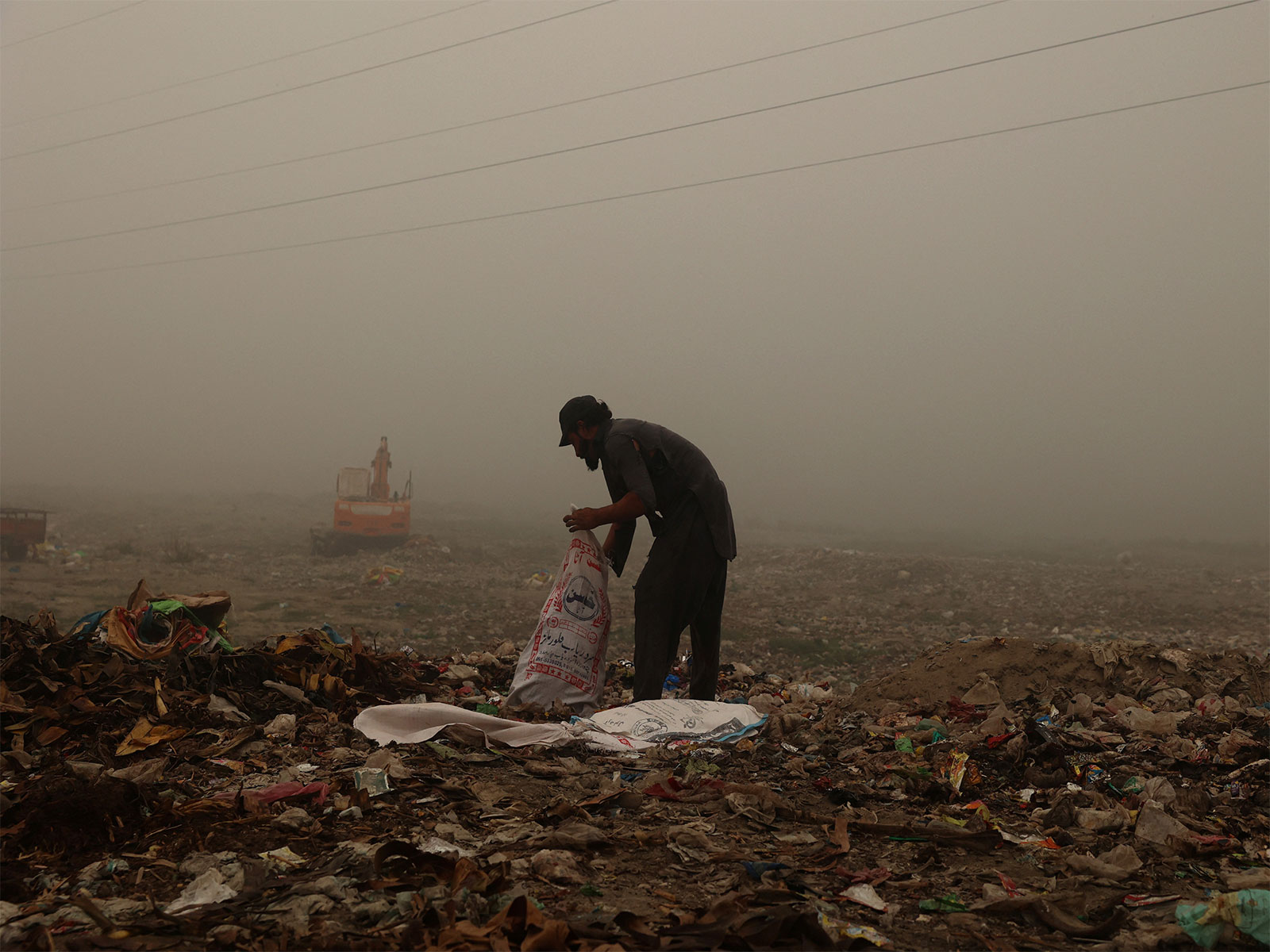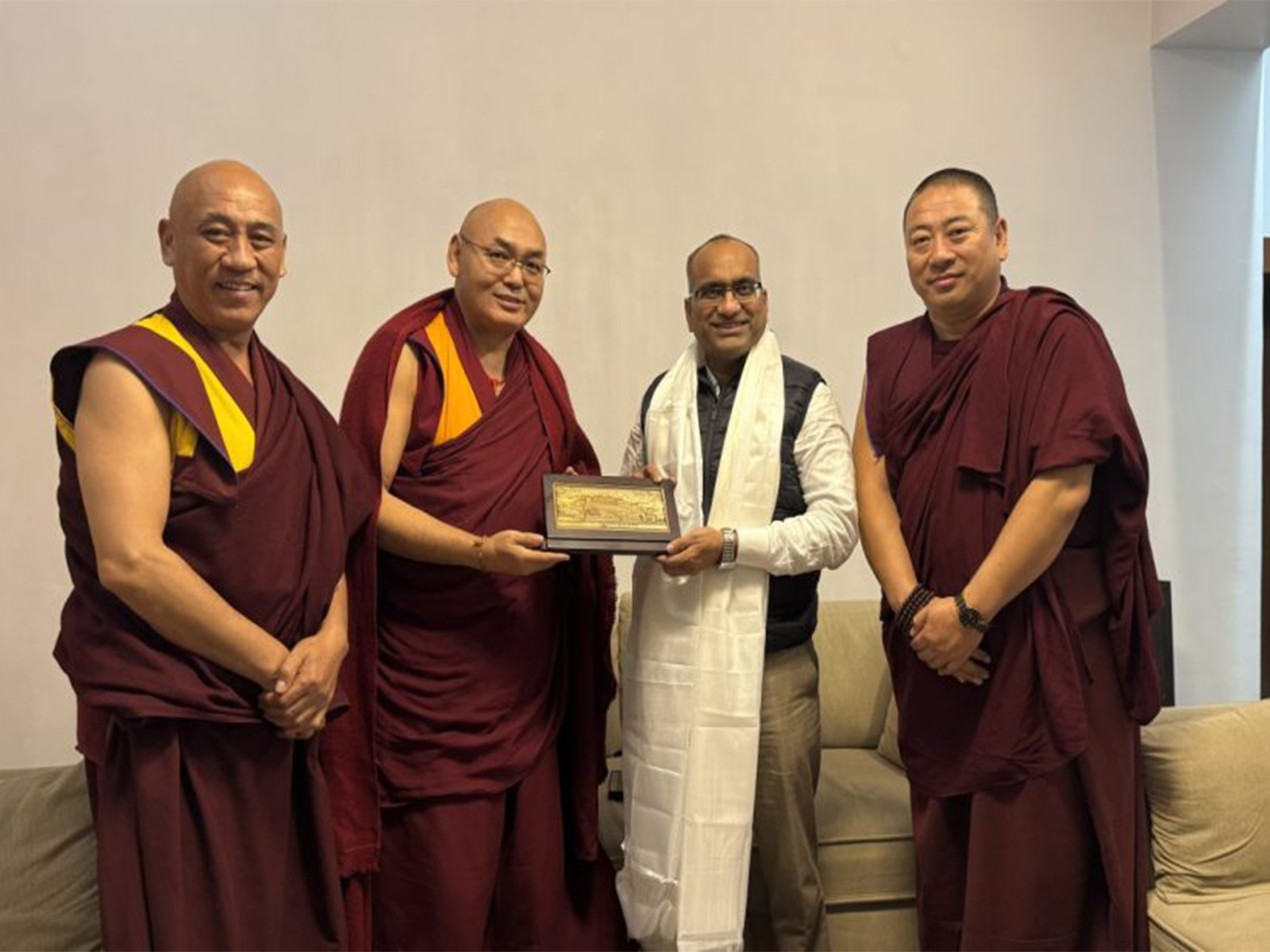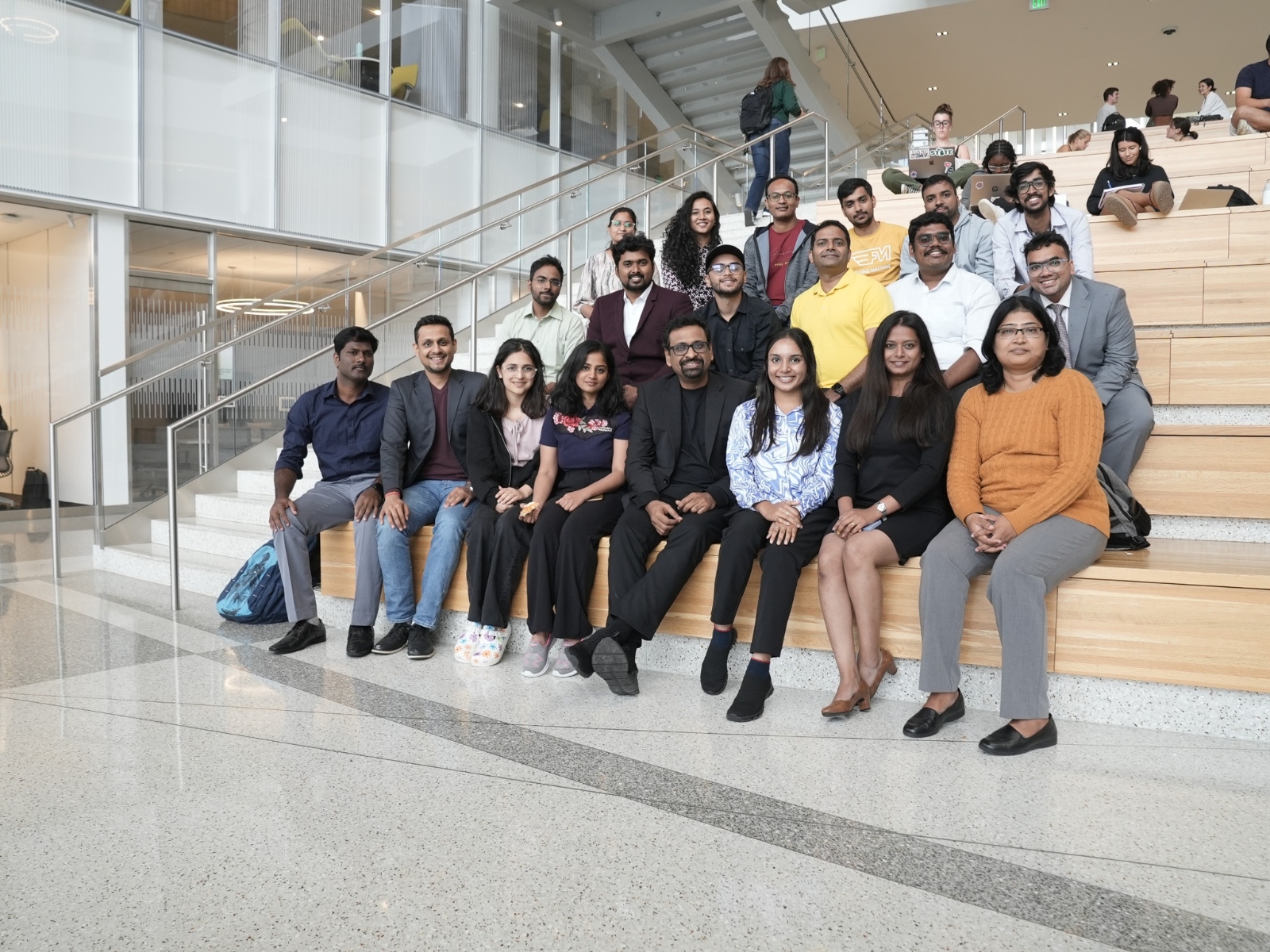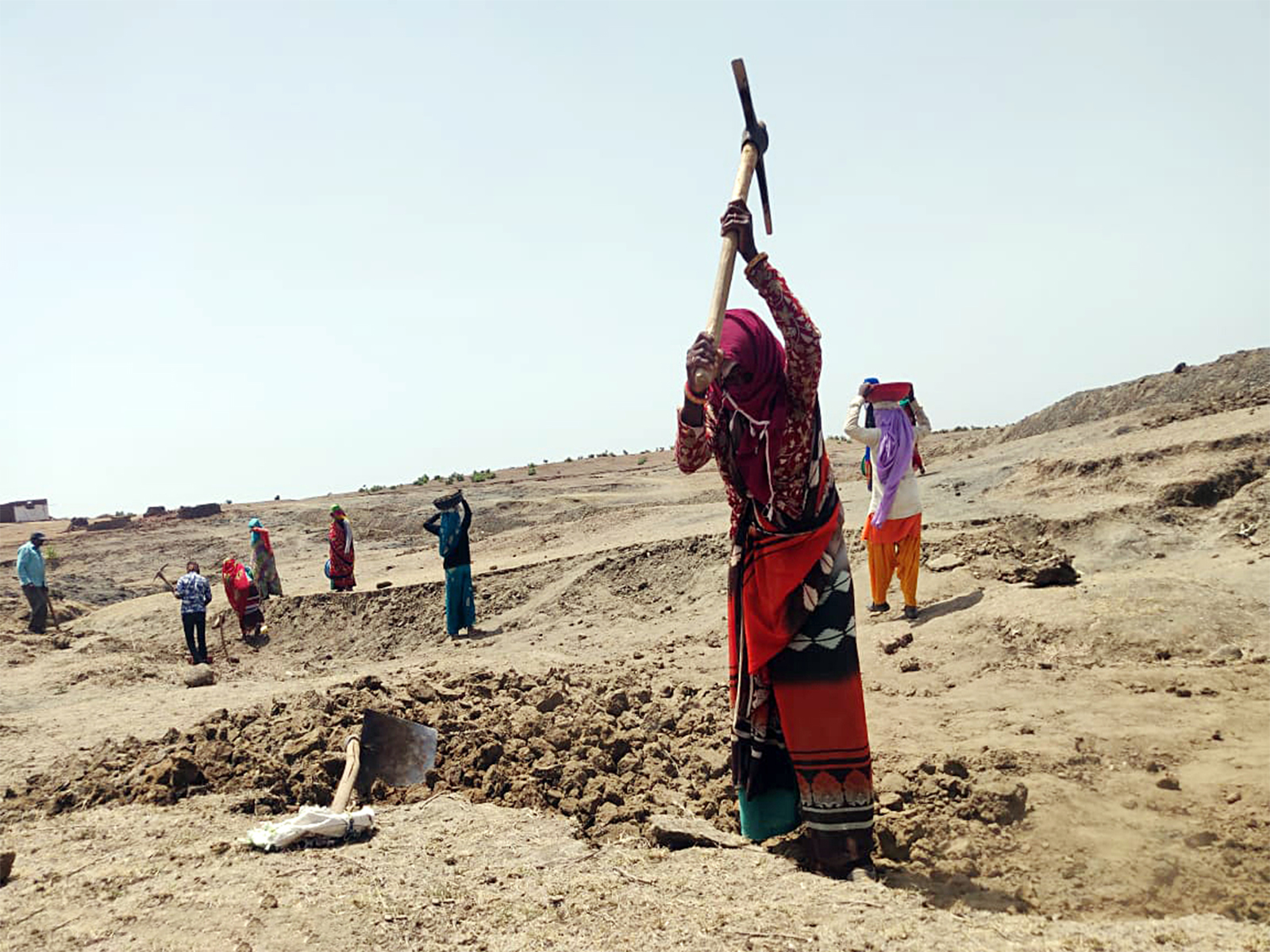Deportations of Uyghurs from other countries to China spark fears of Beijing's growing reach
Jun 09, 2021

Washington [US], June 9 : Dozens of accounts have surfaced detailing the alleged detention and deportation of Uyghur Muslims at China's request in three major countries-- Egypt, the United Arab Emirates (UAE) and Saudi Arabia-- raising concerns of Beijing's growing reach in foreign nations.
According to CNN, in Egypt, rights groups have documented hundreds of detentions of Uyghurs and at least 20 deportations in 2017. Between 2018 and 2020, at least one Uyghur Muslim in Saudi Arabia was allegedly detained and deported after performing the Umrah pilgrimage in the country's holiest cities.
An Uyghur couple, Amannisa Abdullah and her husband, Ahmad Talip, were separated while the former was pregnant in Dubai. In 2018, Abu Dhabi authorities told Abdullah that her husband was extradited to China and her daughter has yet to see her father.
Reports of Uyghur disappearances have unnerved the largely Muslim global diaspora from China's Xinjiang region. The families of the deported fear their loved ones have ended up among the estimated 2 million Uyghurs who have been sent to internment camps in Xinjiang in recent years.
Rights activists are also concerned that countries in the Middle East and beyond will increasingly be willing to acquiesce to China's crackdown on members of the ethnic group at home and abroad.
A Human Rights Watch report released in April said China had tracked down hundreds of Uyghurs across the globe, forcing them to return and face persecution, reported CNN.
In recent years, Beijing's policy towards the region's minority groups under President Xi Jinping has hardened noticeably, prompting many people to head overseas.
Testimonies collected by CNN from former detainees describe incidents of forced labour, torture, sexual abuse and even the deaths of fellow detainees in China's internment camps.
Abduweli Ayup, a Uyghur activist based in Oslo, says he has documented and confirmed at least 28 Uyghur deportations from three Muslim-majority countries between 2017 and 2019. At least 21 have been deported from Egypt, five from Saudi Arabia, and two, including Ahmad, from the UAE, according to Ayup.
Moreover, over a dozen Muslim-majority countries in 2019, publicly endorsed China's policies in Xinjiang, including Iran, Egypt, Saudi Arabia and the UAE.
Following a visit to Xinjiang in 2020, the UAE's ambassador to Beijing publicly praised China's policies in the province.
Maya Wang, senior China researcher at Human Rights Watch, said that the alleged treatment of Uyghurs by the autocratic governments of the UAE, Saudi Arabia and Egypt is not surprising, despite those countries being signatories to the UN's Convention Against Torture.
"A lot of these governments don't care about human rights. They are unelected governments that persecute their citizens in their countries. There is no real rule of law and democracy when it comes to deportations of Uyghurs," she told CNN.
China and Egypt have never officially acknowledged the alleged deportations, which occurred less than a year after the two countries signed a security cooperation agreement.
Meanwhile, a Uyghur woman in Saudi Arabia, Nuriman Veli has pleaded authorities to not deport her father, Hamdullah Abduweli - who has been detained - to China.
According to Veli, her father told her family members that he suspected being trailed by "Chinese agents." A month later, Hamdullah and his Uyghur roommate were detained by Saudi authorities.
"Shame on Saudi Arabia. If they don't want Uyghurs to come to perform pilgrimage just say: 'We do not want you here,'" activist Ayub told CNN. "Do not do this when people [come] to perform pilgrimage."
In recent years, Turkish President Recep Tayyip Erdogan -- who once championed Uyghur rights -- has toned down his criticism of China's Xinjiang policy, in an apparent bid to boost relations with Beijing.
Last September, Turkey's Directorate General of Migration Management denied that Turkey had extradited Uyghurs to China. "We have not directly, or through third countries, deported any Uyghur Turks to China and Turkey does not and will not ever have such a policy," the directorate said in a written statement.
China has been globally rebuked for cracking down on Uyghur Muslims by sending them to mass detention camps, interfering in their religious activities, and sending members of the community to undergo some form of forcible re-education or indoctrination.
After years of denying the existence of the internment camps in Beijing, China in 2019 described the facilities as residential training centres that provide vocational training for Uyghurs, discourage radicalisation and help protect the country from terrorism.
However, several media reports and former detainees have said that those in the camps are detained against their will and subjected to political indoctrination, routinely face rough treatment at the hands of their overseers and endure poor diets and unhygienic conditions in the often overcrowded facilities.
